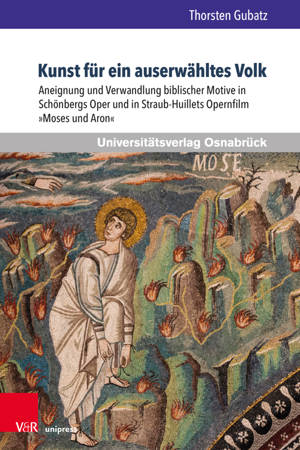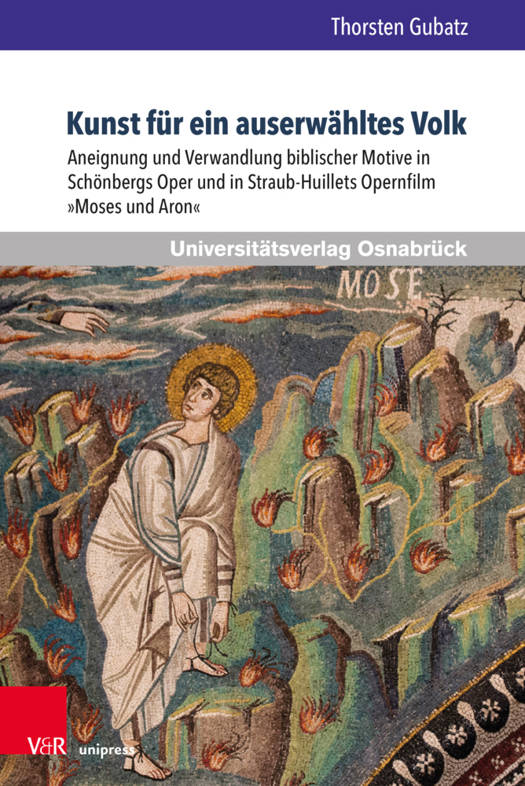
- Afhalen na 1 uur in een winkel met voorraad
- Gratis thuislevering in België vanaf € 30
- Ruim aanbod met 7 miljoen producten
- Afhalen na 1 uur in een winkel met voorraad
- Gratis thuislevering in België vanaf € 30
- Ruim aanbod met 7 miljoen producten
Zoeken
Kunst Fur Ein Auserwahltes Volk
Aneignung Und Verwandlung Biblischer Motive in Schonbergs Oper Und in Straub-Huillets Opernfilm Moses Und Aron
Thorsten Gubatz
€ 36,45
+ 72 punten
Omschrijving
Beneath the frugal surface of Jean-Marie Straub's and Daniele Huillet's 1974 cineastic adaptation of Arnold Schonberg's opera 'Moses und Aron', a tremendous wealth of meaning wants to be discovered. Whereas the opera already plays a highly complex game of appropriating and transforming biblical motifs from the Book of Exodus, the film plays such a game with both the opera and the biblical text. This study aims to appreciate this game's complexity by first considering its two lower layers in themselves. While in both the opera and in the film, the antagonism of Moses vs. Aron becomes that of intellectual hostility vs. popularizing friendliness towards the sensual, in the end it will be shown how Schonberg and the cineasts are themselves affected by this antagonism, all in their own way.
Specificaties
Betrokkenen
- Auteur(s):
- Uitgeverij:
Inhoud
- Aantal bladzijden:
- 86
- Taal:
- Duits
- Reeks:
- Reeksnummer:
- nr. 6
Eigenschappen
- Productcode (EAN):
- 9783847111337
- Verschijningsdatum:
- 9/03/2020
- Uitvoering:
- Paperback
- Formaat:
- Trade paperback (VS)
- Afmetingen:
- 157 mm x 236 mm
- Gewicht:
- 376 g

Alleen bij Standaard Boekhandel
+ 72 punten op je klantenkaart van Standaard Boekhandel
Beoordelingen
We publiceren alleen reviews die voldoen aan de voorwaarden voor reviews. Bekijk onze voorwaarden voor reviews.








